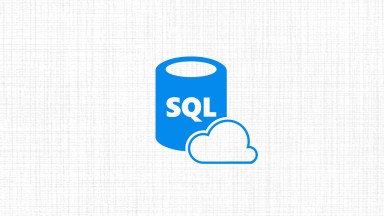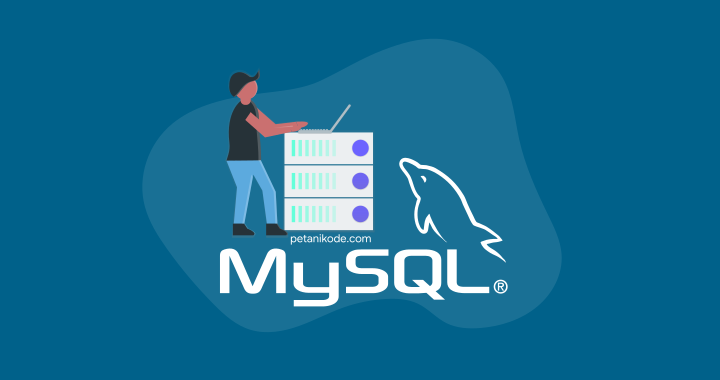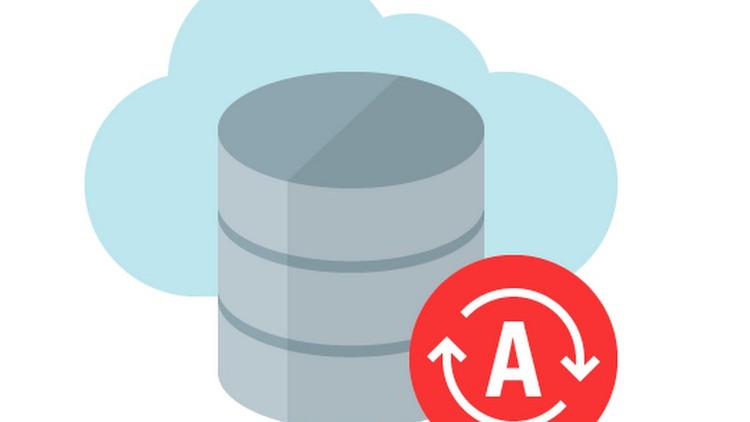



 Tech & IT
Tech & IT
 Business
Business
 Coding & Developer
Coding & Developer
 Finance & Accounting
Finance & Accounting
 Academics
Academics
 Office Applications
Office Applications
 Art & Design
Art & Design
 Marketing
Marketing
 Health & Wellness
Health & Wellness
 Sounds & Music
Sounds & Music
 Lifestyle
Lifestyle
 Photography
Photography
More Learnfly
Business Solution Become an InstructorApache Kafka is a distributed streaming platform, handling real-time data feeds. It ensures scalable, fault-tolerant, and high-throughput data processing, making it vital for building efficient and resilient data pipelines.












Learn more topics in various categories at one place. Explore unlimited courses in other categories and up-skill yourself today.

 Jazeb Akram
Jazeb Akram 4.2 769624 Beginner Level

 John Hedengren
John Hedengren 4.1 568095 All Level

 Ranjan Pandey
Ranjan Pandey 4.1 345827 All Level

 Pieter Vliegenthart
Pieter Vliegenthart 4.6 99979 All Level

 Muhammad Ahsan Pervaiz
Muhammad Ahsan Pervaiz 4.2 99684 All Level

 Jerome P.
Jerome P. 4.8 99437 All Level

 Senol Atac
Senol Atac 4.9 99042 All Level

 Vikas Munjal
Vikas Munjal 4.8 99009 Beginner Level

 Chandramouli Jayendran
Chandramouli Jayendran 4.9 98561 Beginner Level
.jpg)
 Emar Morrison
Emar Morrison55 Lectures

 Temotec Learning Academy
Temotec Learning Academy33 Lectures

 Temotec Learning Academy
Temotec Learning Academy121 Lectures

 Ahmed Ibrahim
Ahmed Ibrahim79 Lectures

 Mohammed Abdelkarim
Mohammed Abdelkarim51 Lectures

 Sachin Agrawal
Sachin Agrawal28 Lectures

 Sonu Kumar
Sonu Kumar117 Lectures

 SANEM AYDIN YAYLA
SANEM AYDIN YAYLA50 Lectures

 Saurabh Asthana Asthana
Saurabh Asthana Asthana45 Lectures

 Mazhar Hussain
Mazhar Hussain23 Lectures

 test test
test test78 Lectures

 Ali Bouali
Ali Bouali64 Lectures

 Edwin Bomela
Edwin Bomela27 Lectures

 Edwin Bomela
Edwin Bomela27 Lectures

 Jobshie Academy
Jobshie Academy46 Lectures

 Sekhar Metla (Microsoft Certified Professional) Sudha
Sekhar Metla (Microsoft Certified Professional) Sudha98 Lectures

 Sekhar Metla (Microsoft Certified Professional) Sudha
Sekhar Metla (Microsoft Certified Professional) Sudha87 Lectures

 Satyajit Pattnaik
Satyajit Pattnaik19 Lectures

 Abhinav Saraogi
Abhinav Saraogi 9 Lectures

 Web Coding
Web Coding19 Lectures

 Tareq Alkhateeb
Tareq Alkhateeb 239 Lectures

 Dave Merton
Dave Merton76 Lectures

 Sekhar Metla (Microsoft Certified Professional) Sudha
Sekhar Metla (Microsoft Certified Professional) Sudha59 Lectures

 Sekhar Metla (Microsoft Certified Professional) Sudha
Sekhar Metla (Microsoft Certified Professional) Sudha54 Lectures

 Sekhar Metla (Microsoft Certified Professional) Sudha
Sekhar Metla (Microsoft Certified Professional) Sudha57 Lectures

 Vardges Zardaryan
Vardges Zardaryan26 Lectures

 Sanesh Kale
Sanesh Kale23 Lectures

 Sanesh Kale
Sanesh Kale9 Lectures

 Sanesh Kale
Sanesh Kale18 Lectures

 Van Jordan
Van Jordan15 Lectures

 Prashant Munshi
Prashant Munshi30 Lectures

 koduru sridevi
koduru sridevi5 Lectures

 koduru sridevi
koduru sridevi9 Lectures

 koduru sridevi
koduru sridevi12 Lectures

 Arunprakash P V
Arunprakash P V12 Lectures

 Vikas Munjal
Vikas Munjal65 Lectures

 Vikas Munjal
Vikas Munjal46 Lectures

 Lorenz De Smedt
Lorenz De Smedt20 Lectures

 koduru sridevi
koduru sridevi14 Lectures

 Michael Enudi
Michael Enudi129 Lectures

 Rashid Khan
Rashid Khan44 Lectures

 Jazeb Akram
Jazeb Akram24 Lectures

 Laurence Svekis
Laurence Svekis19 Lectures
Apache Kafka is an open-source distributed event streaming platform used for building real-time data pipelines and streaming applications. It is designed to handle large volumes of data, providing high-throughput, fault tolerance, and horizontal scalability.
Apache Kafka manages data streams through a publish-subscribe model. Producers publish messages to topics, and consumers subscribe to those topics to receive the messages. This allows for real-time communication and data transfer between various components in a distributed system.
The key components of Apache Kafka include Producers (send messages to topics), Consumers (subscribe to topics and process messages), Brokers (Kafka servers managing the storage and distribution of messages), and Zookeeper (for managing distributed systems and configuration).
Kafka Streams is a library in Apache Kafka that enables real-time stream processing. It allows developers to build applications that can consume, process, and produce data streams in a fault-tolerant and scalable manner, directly within the Kafka ecosystem.
Apache Kafka ensures fault tolerance through replication. Data is replicated across multiple Kafka brokers, and if a broker fails, another replica can take over. This replication mechanism ensures data durability and availability in the event of hardware failures.






